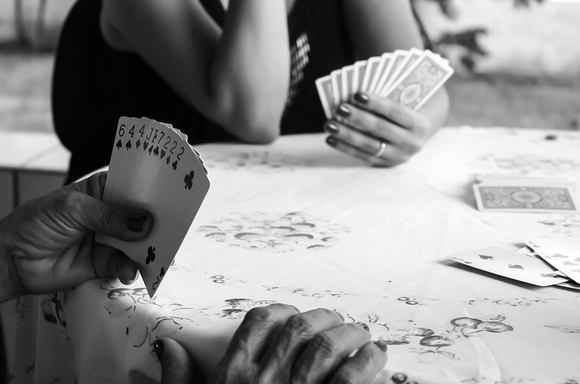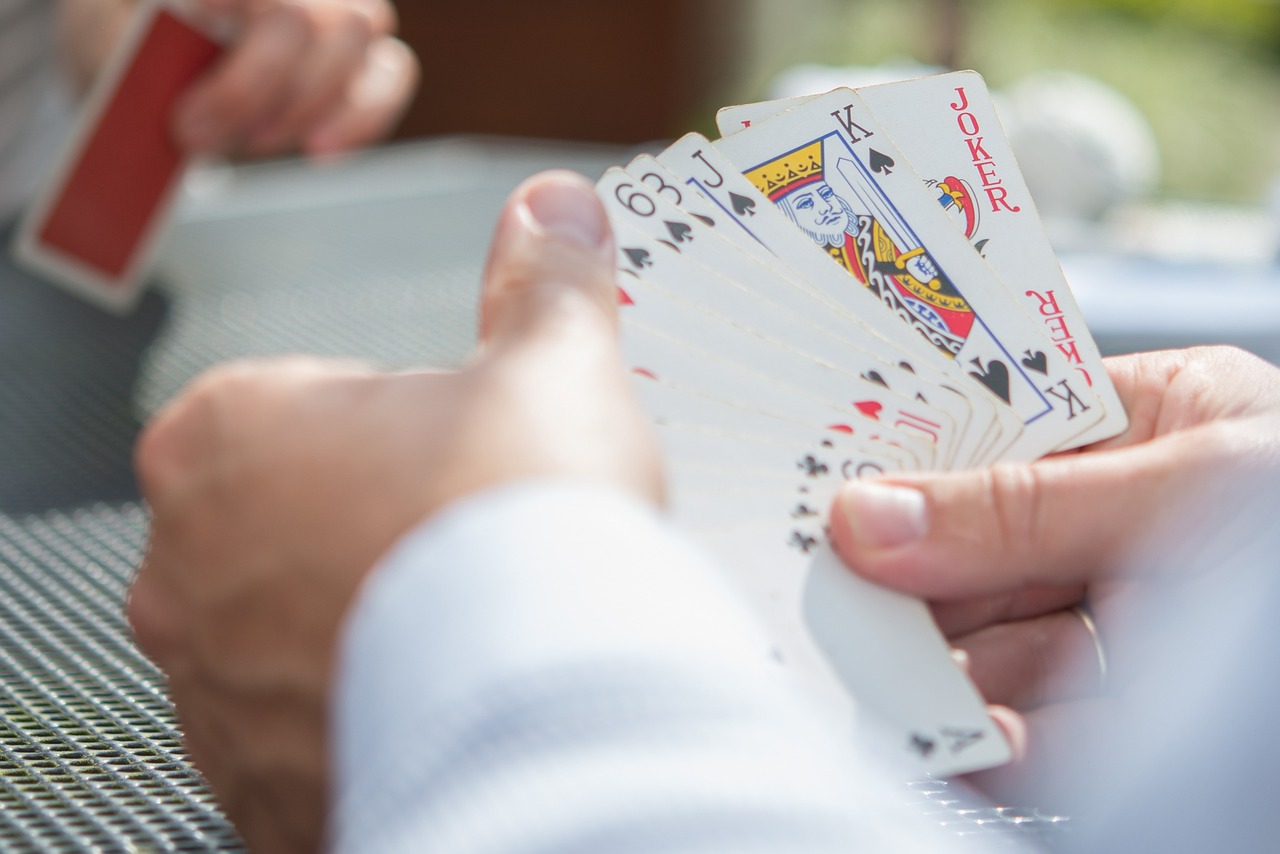Are you ready to take your game to the next level? It’s okay to be a complete beginner or have some experience under your belt, but don’t you think it’s your time to rise and shine? For that, we’ve got you covered with insanely useful tips and tricks that will surely elevate your poker skills.
In this blog post, we’ll dive into strategies that can give you an edge at the table. From mastering seat selection to making strategic moves like 3-betting light and forcing big draws, these techniques will help you become a formidable player in no time.
Learn How to Choose Your Seat or Spot Carefully
Choosing the right seat or position at the poker table can make a world of difference in your overall success. While it may seem like a trivial decision, it can hugely impact your ability to read your opponents and make strategic moves.
Consider positioning yourself to the left of players that you think they’ll play aggressively. This way, you’ll have more information about their actions before making decisions yourself. On the other hand, sitting to the right of tight or passive players allows you to take advantage of their cautious nature. You’ll have opportunities to steal pots by applying pressure and exploiting their hesitations.
Employ 3-Bet Light to Steal Attempts

In the world of poker, sometimes you have to take risks in order to come out on top. This is especially true if you want to win big at Tamabet PH. One such risk is the occasional 3-bet light strategy. This term refers to when a player makes a re-raise before the flop with a less-than-premium hand, aiming to steal the pot or force their opponents into making mistakes.
When implementing this strategy, it’s important to choose your spots wisely. Look for situations where your opponents are likely holding weaker hands and are more likely to fold. Position is key here – being in a late position gives you an advantage as you can see how other players react before deciding whether or not to make your move.
By occasionally 3-betting light, you’re introducing an element of unpredictability into your game that can throw off even the most experienced opponents. It shows that you’re not afraid of taking calculated risks and can put pressure on them when they least expect it.
Squeeze More Than Preflop
It’s not just about squeezing preflop – there are opportunities to squeeze throughout the entire hand. So, here are some tips and tricks on how to make the most out of this strategy. When you have a strong hand and want to build the pot, consider squeezing after the flop. This can put pressure on your opponents and force them into difficult decisions. By making a solid bet or raise, you increase your chances of taking down the pot without even having to show your cards.
Don’t be afraid to squeeze on the turn or river if you think it will give you an edge. Sometimes, players become complacent after surviving through earlier rounds of betting, so catching them off guard with a well-timed squeeze can throw them off their game.
Force Big Draws

When facing an opponent with a potential big draw, it’s important to consider their stack size and tendencies. If they have a deep stack and tend to call down bets, you may want to be cautious about over-inflating the pot unless you have a very strong hand yourself. However, if your opponent has a shorter stack or tends to fold easily when faced with aggression, this is an ideal time to apply pressure. By making well-timed bets or raises, you can force them into difficult decisions – either folding their draw altogether or committing more chips than they should.
As you continue honing your skills as a beginner poker player, always remember that experience is key. Keep practicing, analyzing your play style, and studying different strategies to improve even further.


 There is nothing wrong with using the starting hand charts. But experts often comment that mistake happens when a beginner doesn’t use them properly. Many beginners would want to play any hands they are dealt with, disregarding the advice from hand charts. This doesn’t seem right, as starting hand selection is one of the most important parts of poker. Try to stick to the recommended cards and avoid playing weaker ones, such as low-suited connectors and unpaired cards.
There is nothing wrong with using the starting hand charts. But experts often comment that mistake happens when a beginner doesn’t use them properly. Many beginners would want to play any hands they are dealt with, disregarding the advice from hand charts. This doesn’t seem right, as starting hand selection is one of the most important parts of poker. Try to stick to the recommended cards and avoid playing weaker ones, such as low-suited connectors and unpaired cards. Not being able to read opponents is another common mistake beginners tend to make. Beginners need to know how their opponents play and what cards they may have. This way, you can make the right decision and act accordingly. Try to pay attention to your opponents’ betting patterns and adjust accordingly if you think they are bluffing or if they have a very strong hand. While this may take some time to learn, it’s an important skill for anyone who wants to become a successful poker player.
Not being able to read opponents is another common mistake beginners tend to make. Beginners need to know how their opponents play and what cards they may have. This way, you can make the right decision and act accordingly. Try to pay attention to your opponents’ betting patterns and adjust accordingly if you think they are bluffing or if they have a very strong hand. While this may take some time to learn, it’s an important skill for anyone who wants to become a successful poker player.